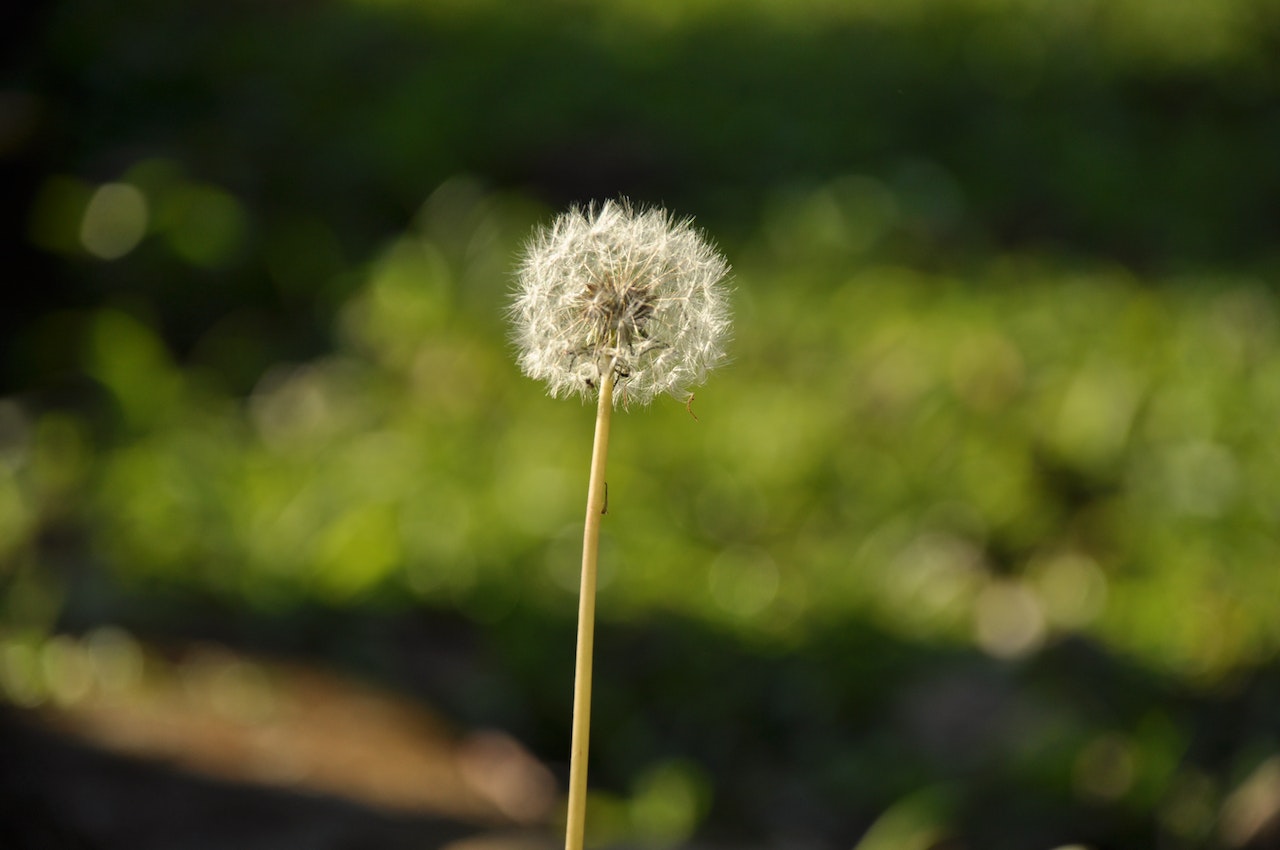How to Control Weeds on Your Lawn
Weed control is essential for maintaining the appearance and health of lawns. It’s also helpful when planting new lawns. By understanding how to control weeds, you can protect your grass and garden from damage. There are several methods for controlling weeds, such as using herbicides, hand weeding or mowing. Choosing which method to use depends on the type of grass, the location and the available resources. It’s important to understand that while some methods work well in some situations, they’re rarely sufficient for controlling all types of weeds.
The most important aspect of controlling weeds is observing the lawn and taking action early enough to stop pest growth. You should always look at your grass and garden to check for signs of pests early in the growing season. This way you can prevent unsightly weed growth before growing crops. Effective weed control starts with proper observation. Next you should have a plan for dealing with any pest growth you find. This will determine which mechanical weed control options you can use to remove weeds from your soil. It’s also important to choose an effective environmental weed control technique if necessary.
Mechanical weed control is often used in conjunction of cultural practices such as hand weeding and cultural mulches. This allows for quicker removal of large amounts of weeds without damaging the grass underneath them. Choosing the right mower for your lawn is essential when using this method. A dull or unsharpened blade ensures the cut is clean and leaves your lawn looking healthy without harming plants or damaging soil particles. You can also use a string trimmer to remove excessively tall grass with minimal effort. It’s a good idea to wear protective gear like a face mask, ear protection and gloves when using these tools.
It’s also helpful to use chemical weed control techniques when necessary. Certain chemical herbicides are effective against most common grasses and broadleaf weeds in residential areas. These include pre-emergents, post-emergents and contacting herbicides like borax, glyphosate and 2,4-D Acid Herbicide (2,4-DAA). Keep in mind that herbicide use has become highly controversial over the last few decades due to its effect on human biology, animals and the environment in general. There are several alternatives to chemical weed control that work just as well- if not better- if used correctly. These include hand weeding, mowing or harvesting the plant for animal feed or composting it away from your lawn area altogether.
Taking steps towards successful lawn care requires observing your lawn regularly, having a plan and using mechanical or chemical weed control options as necessary. Being aware of what’s happening with your grass early on helps you take action before pest growth gets out of hand. Plus, choosing appropriate mechanical or chemical control methods helps you achieve consistent results that keep your grass looking great!

